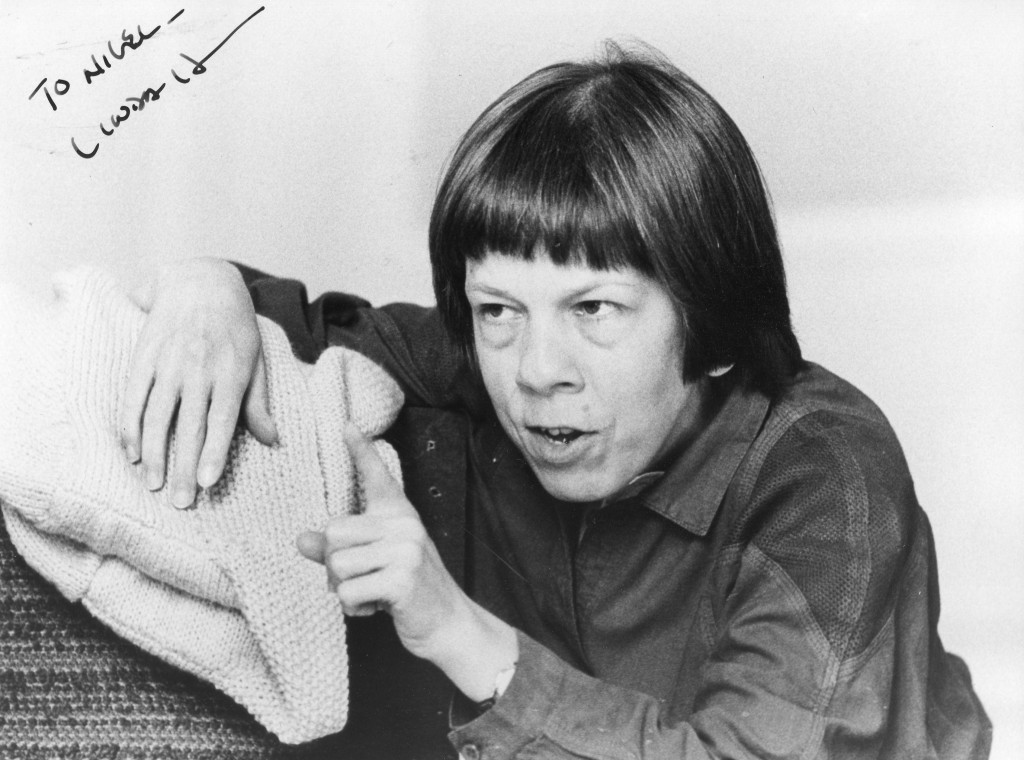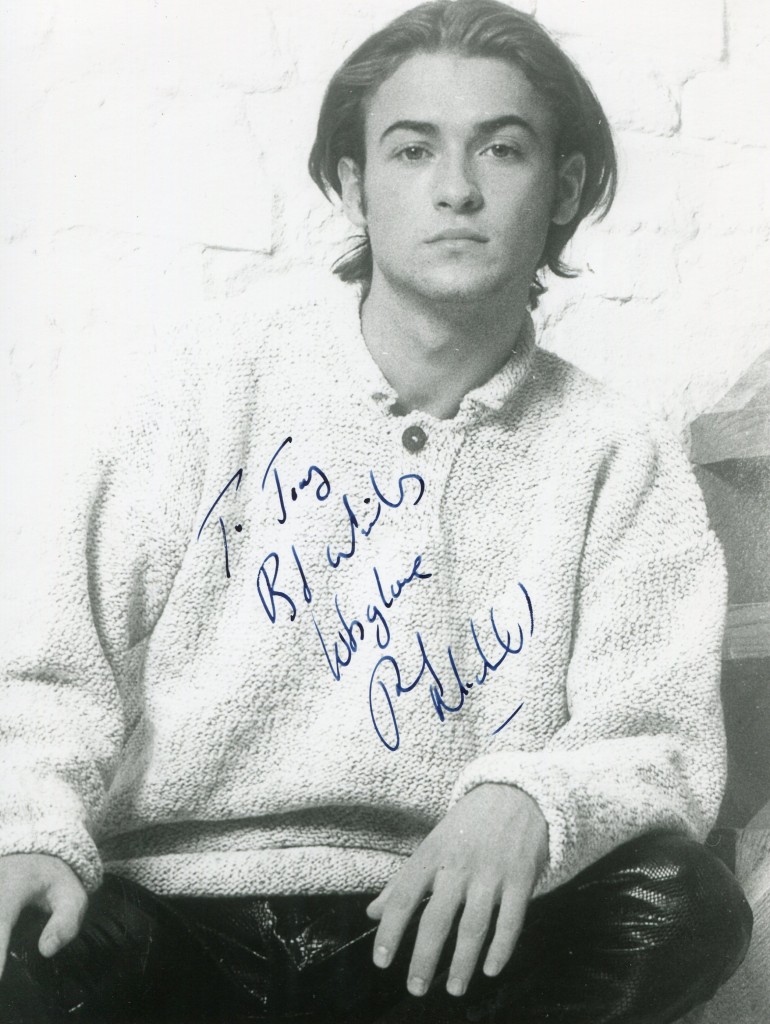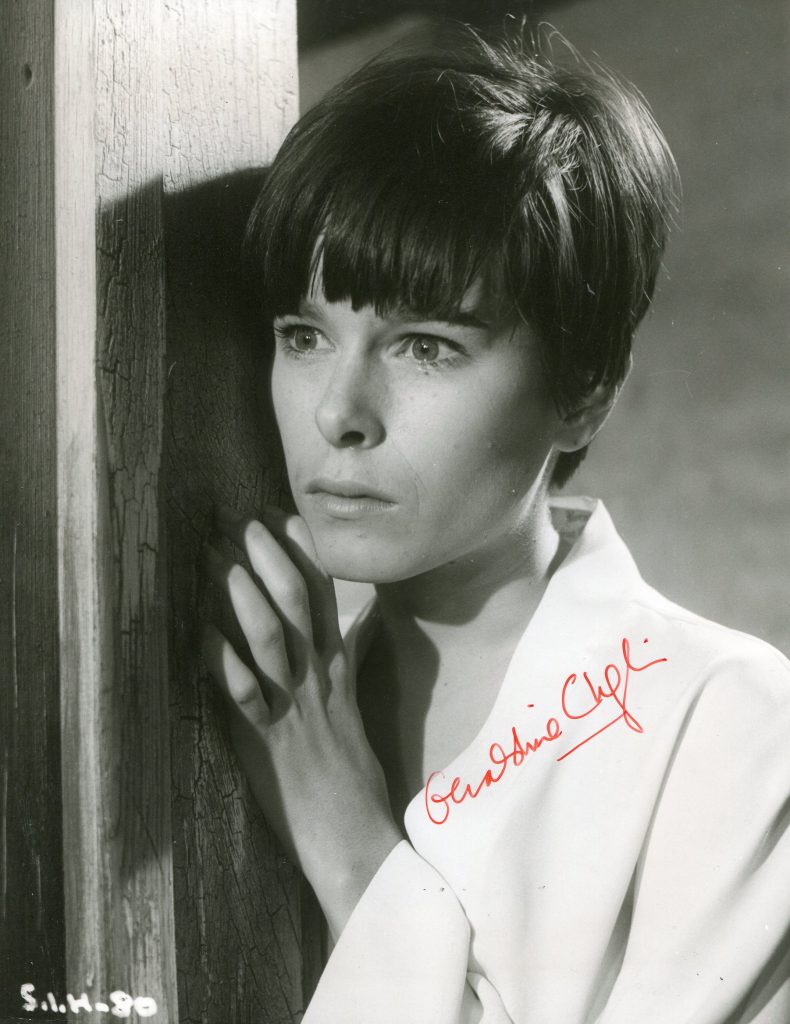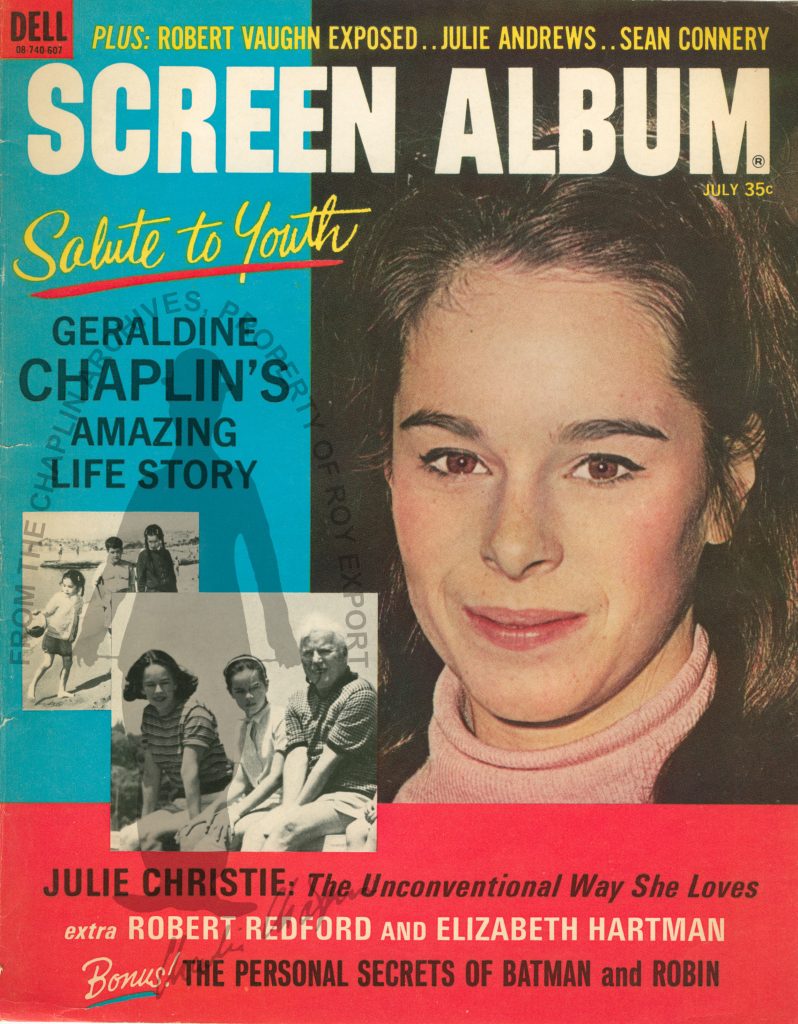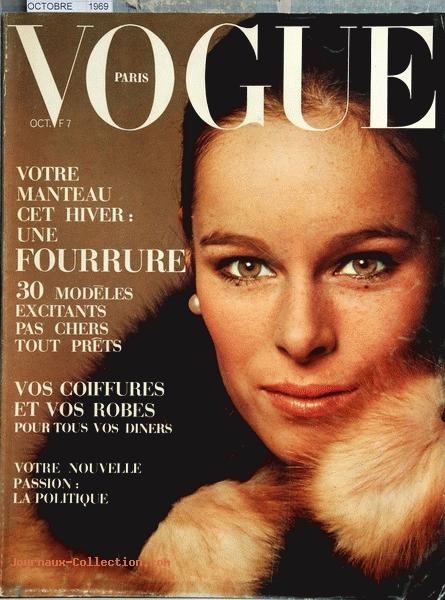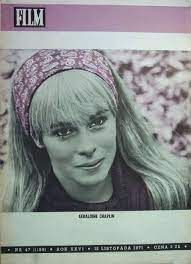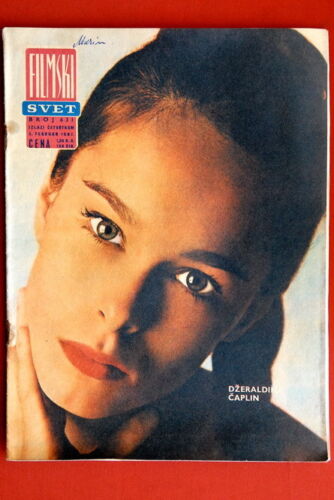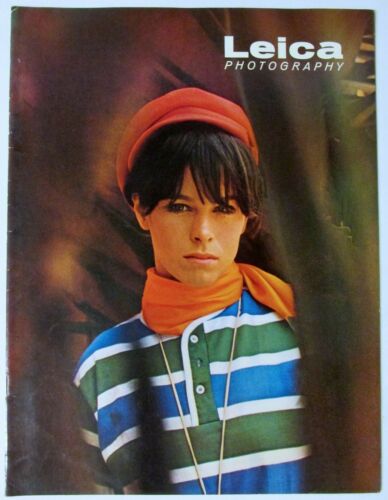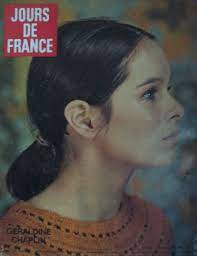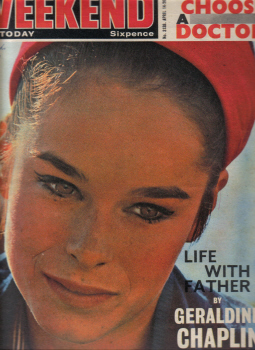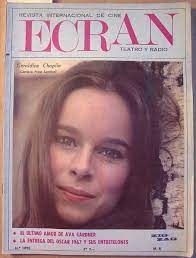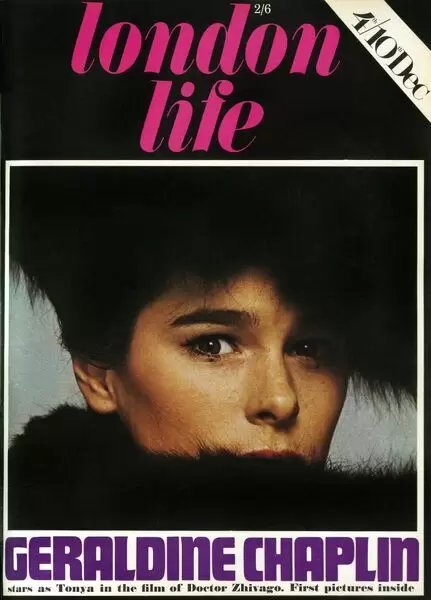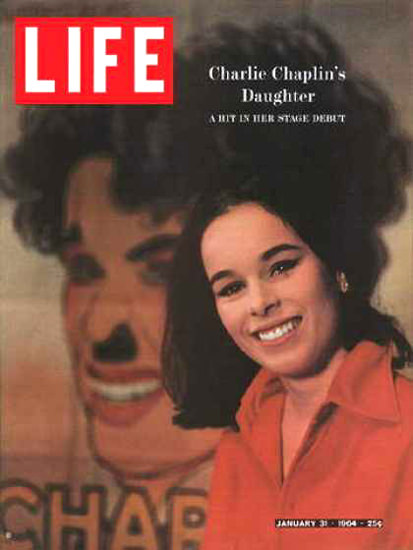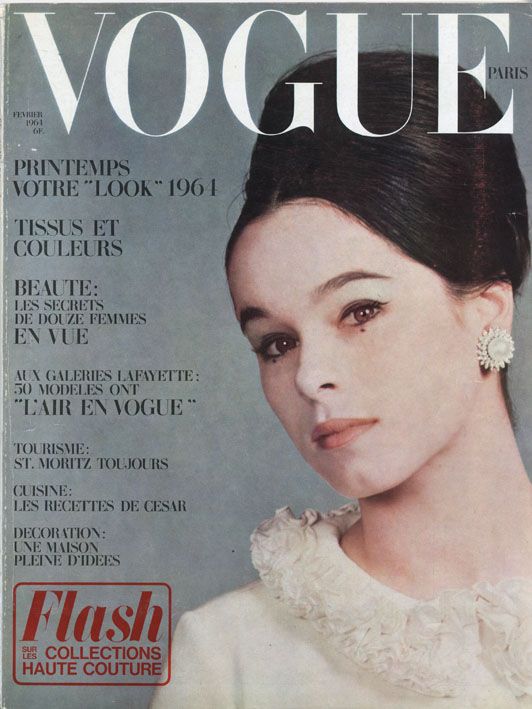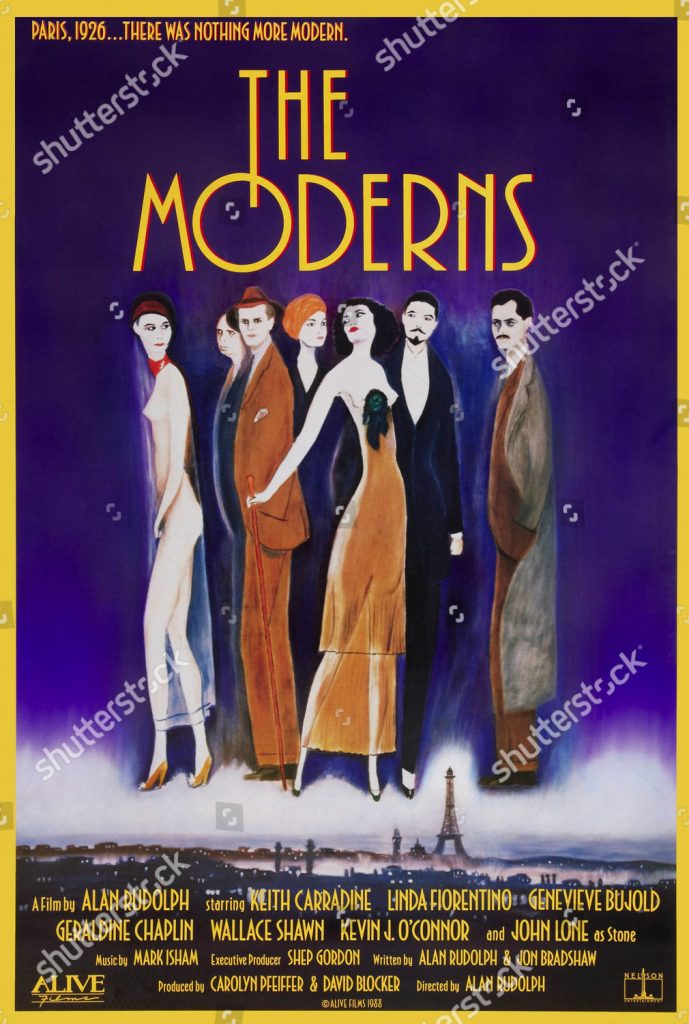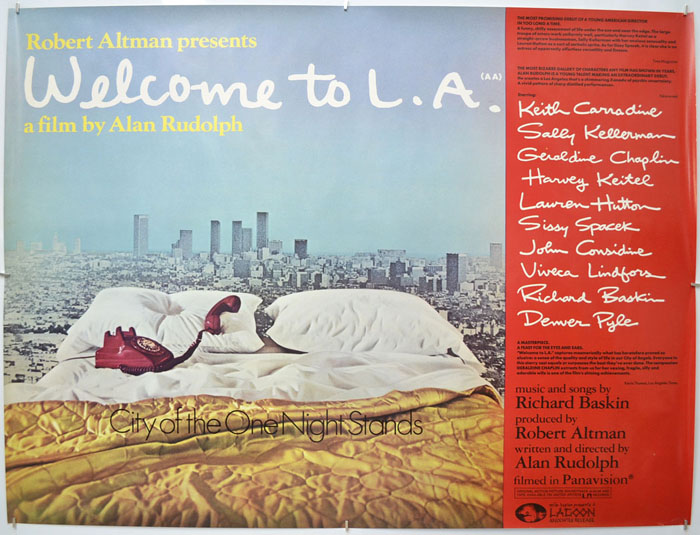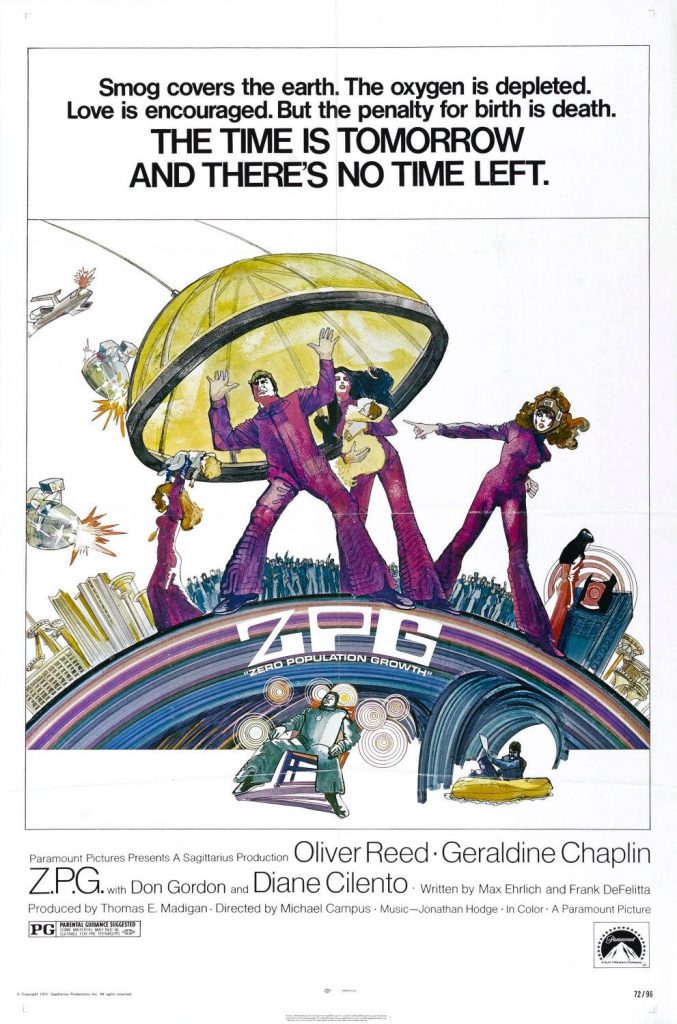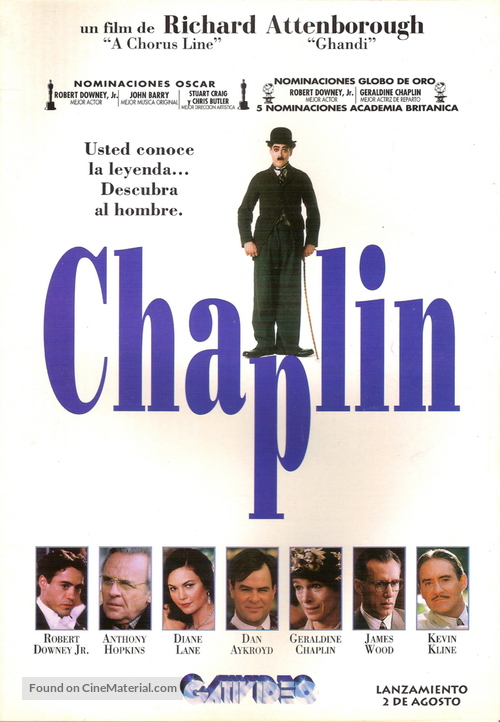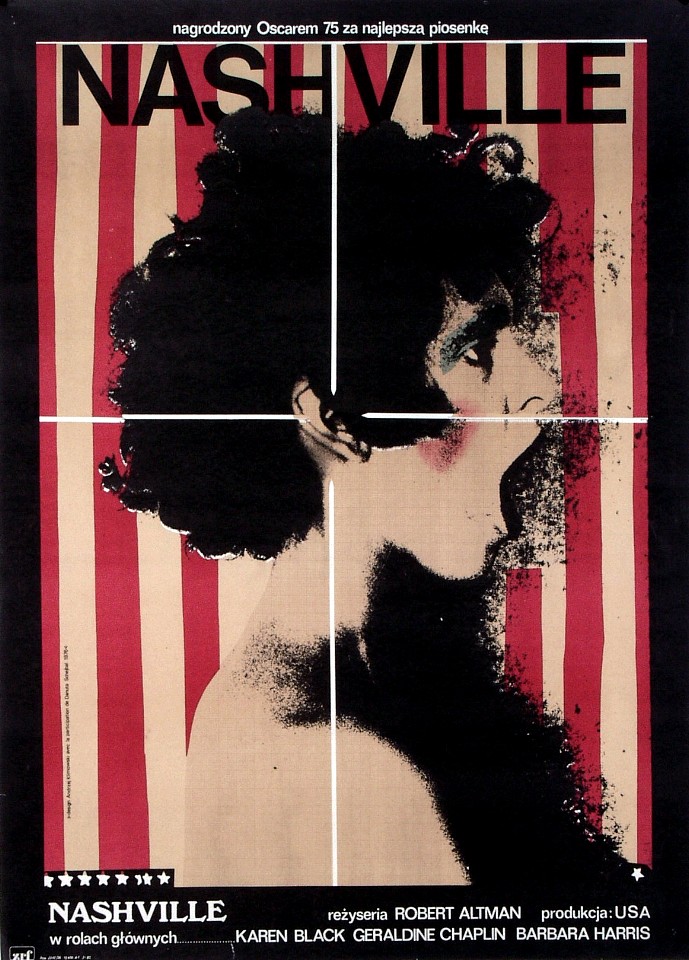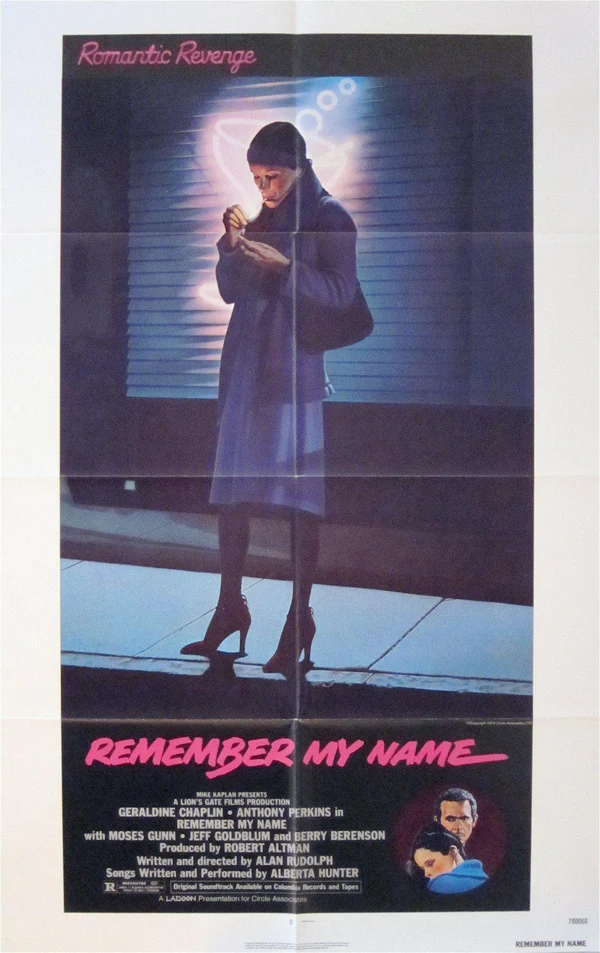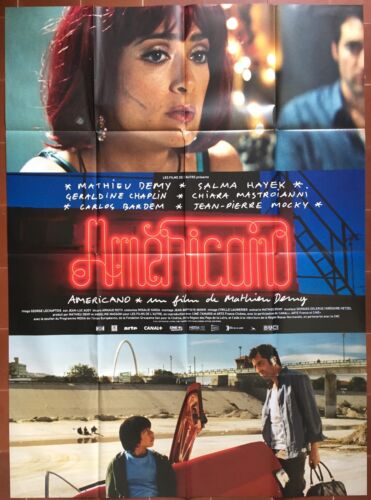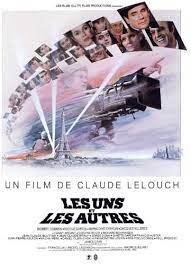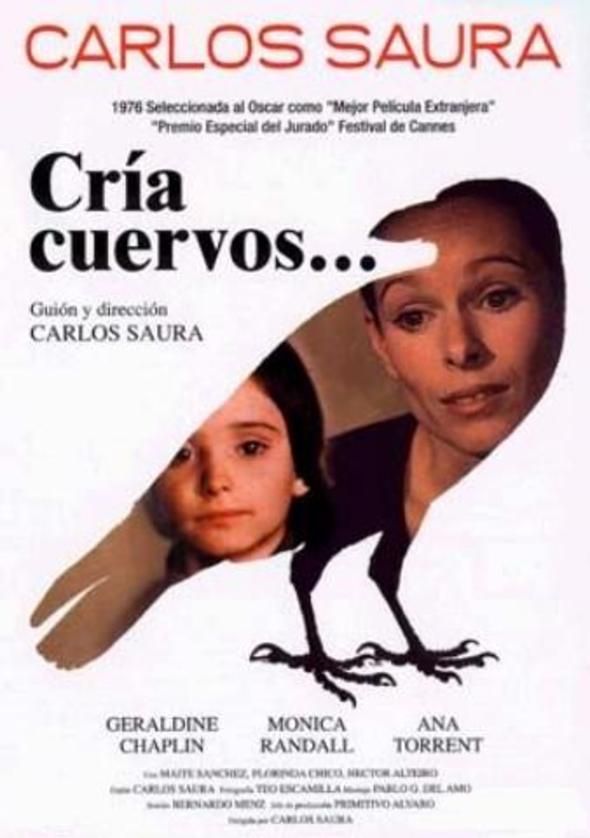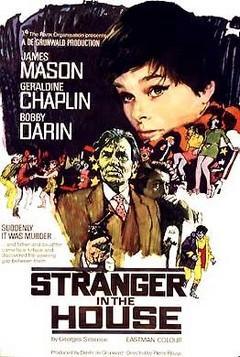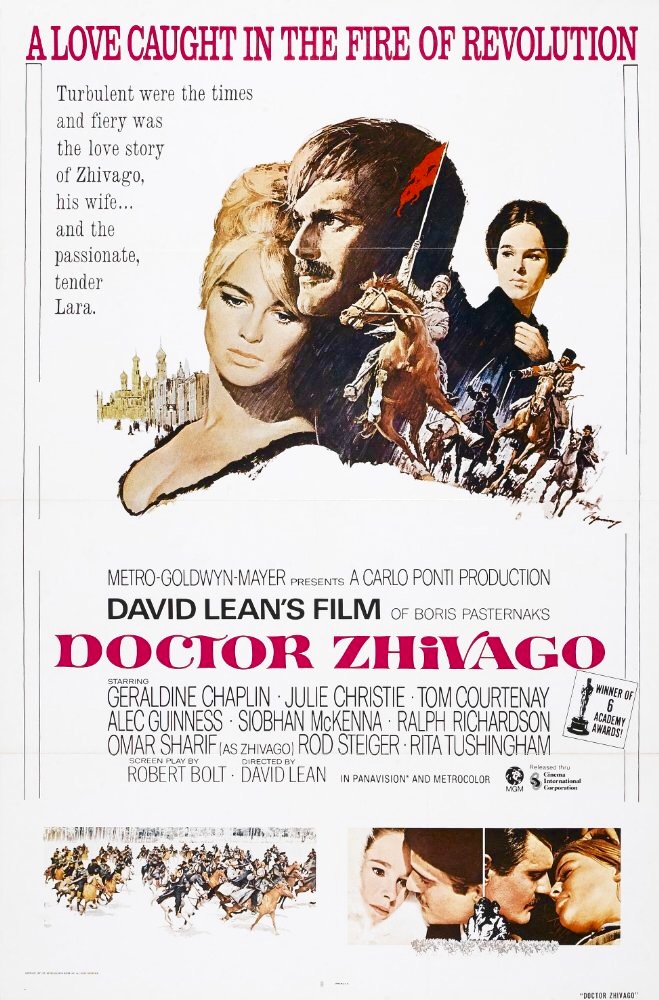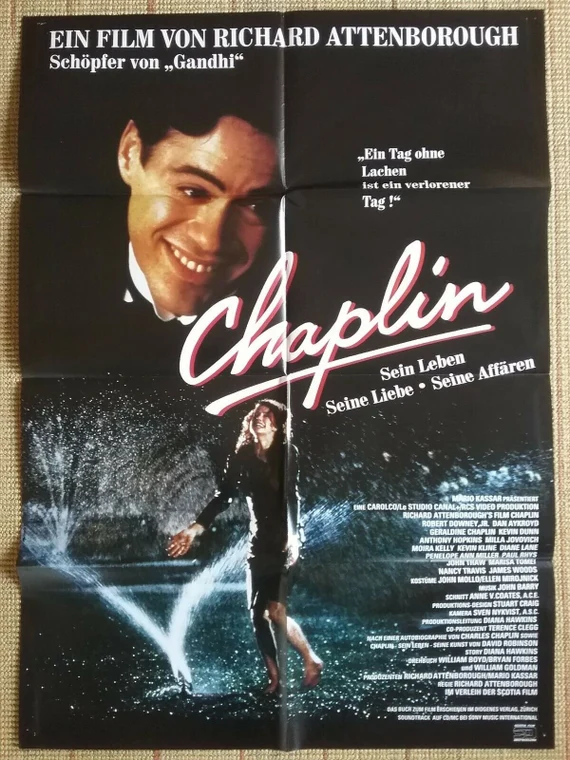Martin McCann was born in 1982 in Belfast. His movies include “Closing the Ring” in 2007 ,”Clash of the Titans”. “Killing Bono” and “Shadow Dancer”.
Belfast-born Martin McCann has worked tirelessly the last 10 years to carve a career in the film industry. With roles in Tom Hanks-narrated ‘The Pacific’, Brian Kirk’s award-winning ‘My Boy Jack’ alongside Daniel Radcliffe, and a leading role in IFTA-winning ‘Swansong: Story of Occi Byrne’, McCann is already a star in Ireland and the UK.
In what could propel him to international stardom, movie screens are getting a double dose of McCann this year, with his latest offerings ‘Shadow Dancer’, released in cinemas on August 24, and ‘Jump’ screening at the Toronto International Film Festival next month.
Ahead of both screenings McCann spoke to IFTN about why James Marsh is the “nicest man on the planet”, why wearing a shell tracksuit brought him back to his childhood, and reveals what one of the best nights of his life was.
‘Shadow Dancer’ is released in cinemas August 24. You play Brendan in the film which sees an IRA member turns MI5 informant. Would you say this is your grittiest role yet?
Grittiest, I don’t know. I didn’t have a particularly large role in ‘Shadow Dancer’, I had a small role but an important role. I just pretty much based it on a lot of people I kind of grew up with, you know Northern Irish men from Belfast, that had too much time on their hands and got roped into the wrong things at the wrong time. Through no fault of their own, I really do believe that, monkey see monkey do. I tried to basically play this young man that is not a bad person, but is someone who really is the victim of their own circumstances.
Young men think they’re doing right, this is the problem, they think that they’re doing the right thing, and the world sees it as a wrong thing, and it is a wrong thing, nobody should kill anybody in the name of anything, no man made line, no man made water should be a reason for anyone to be killed, and I truly believe that. But I do also believe that these young men are not bad people, they were just a victim of the circumstances in which they were in.
When you’re preparing for a role do you always try to find the good in the character?
Yeah, unless the character thinks that he is a bad person, you have to find reasons why the character is doing what they’re doing, what they believe in, what they want. Usually when one character is doing bad it’s because they think that that’s doing good in another end of the spectrum, so you’ve got to believe in what you’re doing. If you do that then the audience will believe in what you’re doing, even if it is a bad thing. I mean Hannibal Lecter for example, you can’t really understand why you like him, but you do. I mean he eats people! That’s an extreme example of an actor making the right choices and believing in what they’re doing. I’m not comparing myself to Anthony Hopkins whatsoever, he’s a much better actor than me!
’Shadow Dancer’ is set in 1990s Belfast, where you grew up. Was it easy for you to relate to the surroundings and the 90s clothing?
It was funny putting [the clothing] on. When I talk to people my age I always have a thing in the back of my mind where I automatically assume they’re older than me because for some reason I always feel 19 or 20, I’m 29 now. For the first time in my life when I was putting on the 90s attire in ‘Shadow Dancer’ I can remember wearing that stuff when I was a kid, and I was like ‘Oh my goodness I’m getting a little bit older here, I’m not a teenager more!”
Were there some shell tracksuits on set?
Kappa tracksuits and shell tracksuits and the bomber jackets and the jeans and that was Belfast, bomber jacket, t-shirt, jeans and a pair of black shoes maybe. We weren’t the height of fashion I can tell you that!
What was working with Oscar-winner James Marsh like?
He is literally the nicest man on the planet, and I don’t say that loosely because I’ve worked with some pretty nice people. Richard Attenborough is famous for being nice and he is super amazing nice, but James Marsh is literally the nicest man on the planet. He’s just so sweet and so gentle, so caring and appreciative of the actor’s craft and the process, and I would walk over fire to work with that man again, I really would.
Do you put that down to his vast experience working in the industry?
Well he’s predominantly a documentary maker and a well-established and Oscar-winning documentary maker, so I think he has a real sense of reality, a true sort of barometer that you see on real life situations and how people really react. He tries to make things as real as he can. He’s just a really nice person, he gives you the time and gives you the space to do that and he totally trusts you and makes you feel as an actor that you’re doing it right, which is a very important trait of a director. A director has to instil confidence, the moment that any actor gets a little inkling of self-doubt from a director it’s really damaging.
A director has to instil confidence, the moment that any actor gets a little inkling of self-doubt from a director it’s really damaging. “
When you’re working on set, do you like to work closely with the director and get feedback as you work?
I do like to work closely with the director, and some directors don’t like actors watching the scenes back on the monitor, but I do like to watch the scenes back. It never puts me off if anything, it’s nice to watch yourself back and get a gauge of what you’re doing and what direction you’re going in. It might put some actors off, but I find that generally working close with the director and watching the stuff back and maybe talking about it is beneficial for my style of acting.
You filmed ‘Shadow Dancer’ and Kieron J Walsh’s ‘Jump’ pretty much back to back. Tell me about your character in ‘Jump’.
Yeah pretty much back to back. My character’s name is Pearse Kelly and he’s just basically a young man in extraordinary circumstances. His brother went missing and he’s trying to get to the bottom of where his brother is, is his brother safe, is his brother hurt, and why is his brother missing? He kind of slowly uncovers a few things and realises it’s not a good situation, and in searching for his brother he meets this young girl whose life’s turned upside down and is contemplating suicide and it really kicks off from there, so I’d say my character’s just an ordinary young man.
Is that what attracted you to the role?
I like the fact that it was set in Derry, there’s not many films made in Derry or about Derry and the town and I just tried to bring as much as me to the character as I could. I spent nearly 29 years being me so I’m well scripted in being me, and let the circumstances and the situations just tell the story.
‘Jump’ was shot in Belfast. Do you prefer to work closer to home?
It’s got pros and cons really. As an actor it’s always nice to get away and be abroad to do a job. I was abroad last month and that was really nice but you know as an actor it sounds all glamorous, but when you’re sitting by yourself in a restaurant alone you might think, ‘well it’s really nice but you know, you’re alone’. So it’s kind of like a nomad lifestyle in many respects. When you’re working at home you can go and visit your family and you’ve people you love, and when you’re abroad you’re travelling so I suppose it’s good to have both, but both have their pros and cons.
There’s a lot of buzz surrounding ‘Jump’, it received rave reviews at the Galway Film Fleadh and has now been officially selected for the Toronto International Film Festival.
What makes it so special?
To be honest, I’ve done quite a few projects now, and any projects that I have done, a lot of them you kind of watch back and you go ‘Mmm, I wish I could have been better or that could have been funnier or I would have done this different or I would have done that different’, but the first time I watched ‘Jump’ back I really was taken aback at how good it was. It’s a really well made film and I think it’s above and beyond the standard of a lot of films in the cinema at the minute, and that’s a rare thing to say. Making a film sometimes gets lost in translation it’s not easy to make a film, and it’s certainly not easy to make a good film, and these guys have genuinely made a really brilliant film, entertaining from start to finish, it doesn’t drag, every character is well developed and it’s just a really well made film. I’d go as far to say one of the best films made in Ireland in the last few years certainly.
Looking back at some of the projects you’ve done, are there any that stick out where you feel you would have tweaked parts given the chance?
You look back at them and say ‘Mmm can that be a little better or it could have been funnier or it could have been quicker’, because obviously as an actor when you’re in a project you’ll critique yourself quite harshly. I don’t really like to watch myself back, and anything that I do I watch it once and that’s it gone, I don’t know why but that’s just the way I am as an actor. I’ve never regretted anything that I’ve done, but certainly with ‘Jump’, I couldn’t wok out ways to make it better, it was as good as it could be.
You filmed in Canada a few weeks ago, what was the project you’re working on over there?
I’m filming a television show, it’s one of my best friend’s television shows called ‘Republic of Doyle’. My friend is Alan Hawco, I did ‘Closing the Ring’ in 2006 with Alan, and Alan went on along to CDC, it’s basically Canada’s BBC, and said ‘I’m in this Richard Attenborough movie, here’s some of my scripts do you fancy working with me’ and they gave him a pilot. Five years later he’s executive producer, writes, directs, stars in his own show in his hometown beside his family. I take my hat off to anybody who would do that, he got Russell Crowe on as a guest star and the lovely Irish Sean McGinley plays his father on his show.
It’s very big in Canada, it’s on Sky on a station called Alibi, it’s basically him playing a detective and Sean McGinley plays his father; they’re a father and son duo who solve crimes in their little home town of St John. He’s wrote an episode for me called ‘From Dublin with Love’ so I went over to play his long lost cousin, there’s been a bit of trouble and he kind of helps out and they kind of rekindle their old friendship. It’s not normally the type of job that I would do, but because he’s one of my best friends, I’m looking forward to it, it’s going to be a great experience.
How are you at doing a Dublin accent?
Ah it’s alright, we’ll see. Dublin’s tough but I’ve always been confident with accents so it’ll be fine.
You’ve dipped in and out of drama and comedy, but have stuck with the comedy more so of late. Do you prefer one genre over the other?
I did comedy for ‘Whole Lotta Sole’ and I kind of started out doing comedy strangely enough in the BBC sketch show ‘Dry Your Eyes’, maybe seven or eight years ago. It’s funny, comedy’s not easy, it’s definitely not easy and I take my hat off to anybody that’s really good at it. If you’re an actor you should find the drama a little bit more natural, but sometimes it’s good to mix a little bit of comedy with the drama, it’s good to have both strings to your bow.
You’ve been recognised for both genres, and you won an IFTA Award for Best Actor in 2011 for ‘Swansong: Story of Occi Byrne’. Where do you keep your IFTA Award?
My mother keeps my IFTA Award in her living room, she keeps it on display for everyone to see, and I gave it to her because I know it’ll be safe in her hands. That was one of the best nights of my life, and I’m eternally indebted to IFTA for recognising what we did on that film and I feel really really proud that I accomplished it.
The above IFTN interview can also be accessed online here.


